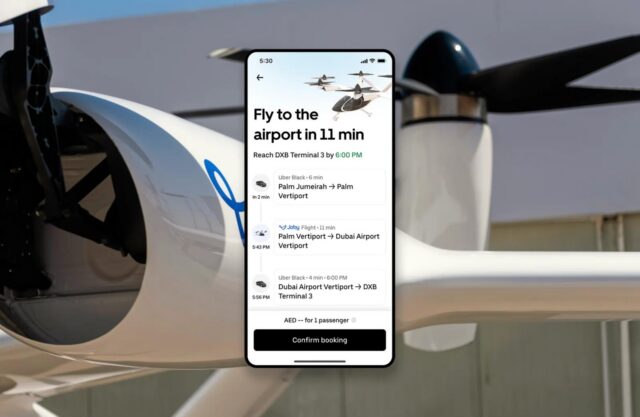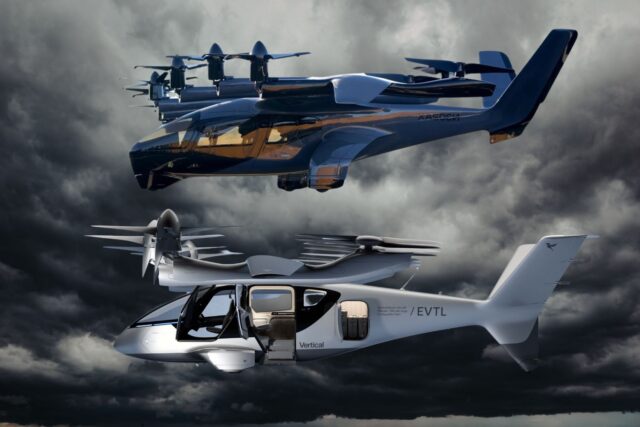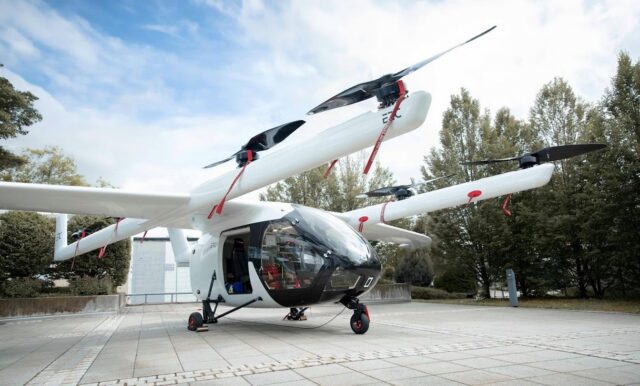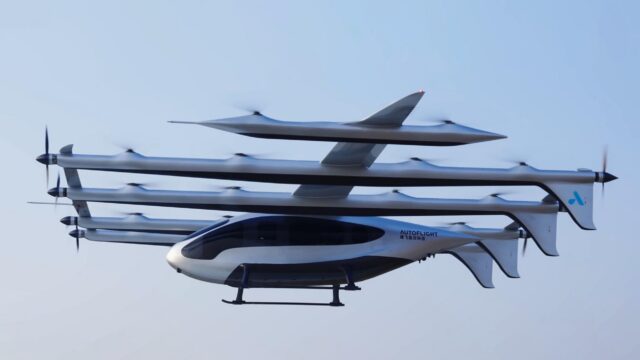
Airspeeder pilot Zephatiali Walsh has beaten fellow-competitor Fabio Tishcler in the inaugural EXA remotely piloted race – a landmark moment in both the history of motorsport and the genesis of the flying car mobility revolution made in the salt flats of South Australia.
This was the first time two pilots were given full license to race their 4.1m long eVTOL race-craft blade-to-blade in a fully competitive race setting.
This skill and commitment was on show from the very beginning, with three overtakes in the first lap alone.
Daring manoeuvre
The most daring manoeuvre of all was rewarded with the ultimate victory, when Walsh daringly overtook Tischler who had gone wide at Turn 1.
On losing speed on exit, Walsh made his move flying just 1 meter below his fellow competitor to secure the track position that ultimately led to this historic maiden victory.
This move illustrated the scope for drama when racing craft at close quarters with F1 car turning ability and the third dimension of vertical maneuverability.
Historic first race
Walsh said: “As pilots, we’ve been developing this sport behind the scenes over hundreds of hours of simulator, engineering and testing work and through this process we have been united as a group of pilots in one common goal – to deliver this historic first race.
“As soon as the lights turned green, we became racers competing for a place in the history of this sport and flying cars as the coming transportation revolution.
“I couldn’t be prouder to know that forever more I’ll be the first winner of an electric flying car race and I look forward to retaining my crown as we go racing around the world in the coming months.”
Digital sky-track
The circuit race took place over a 1km digital sky-track, with the competition played out in two sessions punctuated by the rapid battery-swap pitstops that will add a compelling strategic layer to every EXA remotely piloted and ultimately Airspeeder crewed Grand Prix.
This is the first of a series of EXA remotely piloted races that will serve as the development and feeder series for the Airspeeder fully crewed Grand Prixs starting in 2024.
Subscribe to the FINN weekly newsletter
















